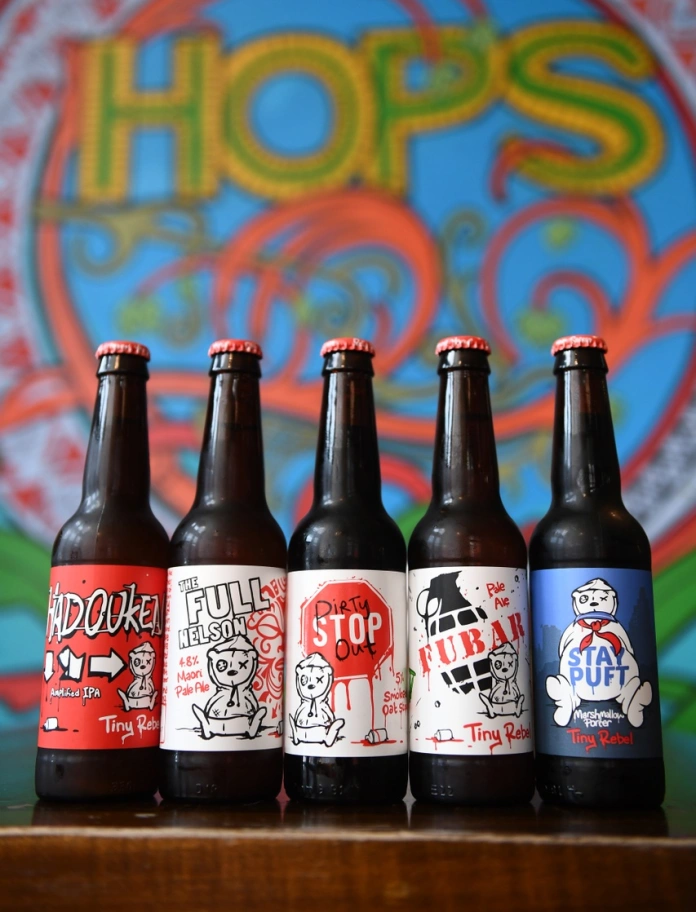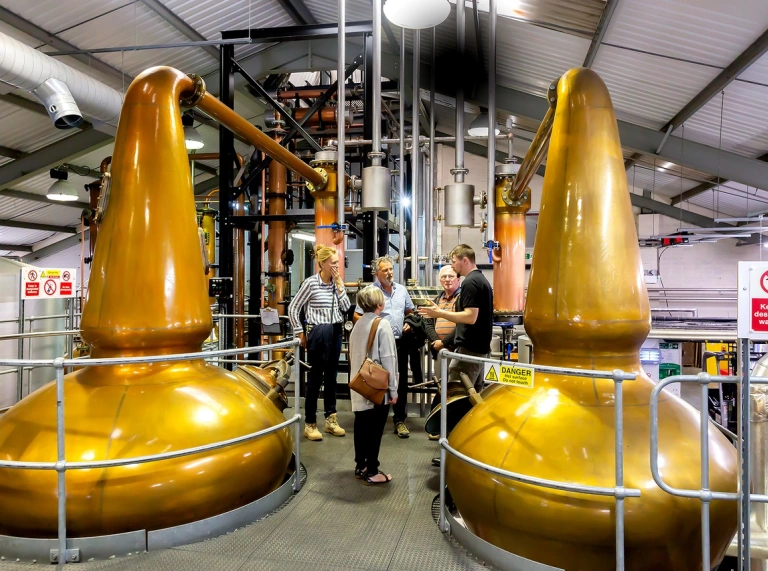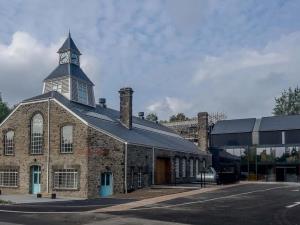Here in Wales we have a strong tradition of living off the land, stretching back as far as the ancient Celts. Food has historically been simple wholesome fare – thrifty dishes made with just a few simple, quality ingredients. This was fuel designed to satisfy the hearty appetites of those working the land: farmers, quarry workers, coal miners and fishermen.
Welsh lamb, beef and produce from the sea
The prime natural resources of Wales have shaped our culinary tradition. Welsh lamb is justifiably world famous, farmed on the lush mountains and valleys. Our cattle farming produces Welsh beef, most notably from the Welsh black cattle. Both Welsh lamb and beef have Protected Geographical Indication (PGI) status.
Our coastline offers the best of fresh fish, from Pembrokeshire, the mussel farms of Bangor, to Anglesey Oysters and our famous laverbread, edible seaweed or ‘Welshman’s caviar’, collected from the shores of Gower.
Award winning cheese
Cheese has long been a traditional food of Wales and award-winning varieties grace the cheese boards of homes and restaurants alike. There's the more famous Caerphilly, Tintern, and Y Fenni, and the likes of Black Bomber and Perl Las, which continue the reputation and excellence of Welsh cheese producers. Caws Teifi, pictured, are the most highly awarded cheesemakers in Britain.

The leek
Staple fruits of the land include oats, barley, wheat and vegetables, including the famous Welsh leek – an enduring symbol of Wales and found in traditional dishes, such as Glamorgan sausage and the hearty broth known simply as cawl.
Nothing showcases the Welsh tradition of simple wholesome fare more than cawl. It was once a staple of all Welsh cooking – containing all the goodness of the land in one pot and eaten daily. Every cawl would vary with the season, the region, and the cook.
Tradition and diversity
Welsh food is also a glorious combination of tradition and diversity – the heritage of Welsh cooking blended with influences from immigrant populations from Italy and the Middle East who flocked to parts of Wales from the mid 18th – mid 19th century in search of work. Think of our outstanding Welsh Italian ice-cream parlours and cafes.
A typically traditional Welsh breakfast consists of bacon, eggs, laverbread and cockles. Welsh tea, traditionally a late afternoon ritual, would consist of bara brith, ‘speckled bread’, a sweet fruit bread and Welsh cakes. Welsh rarebit is a luscious traditional supper.

Independent breweries and vineyards
Wales is well known for our beer. From one of the UK’s biggest family owned independent breweries, Brains, to local breweries - like Tiny Rebel Brewing Company for Cardiff and Newport. If it’s not beer, it’s cider. Award winners include Apple County Cider, in Monmouthshire and Hallets Cider, in Crumlin.
Wine producers are excelling too. We have over 20 Welsh vineyards ranging from Glyndwr Vineyard, the oldest established and largest vineyard in Wales, to Red Wharf Bay Vineyard on Anglesey, producing award-winning wines that make Wales proud.

Welsh spirits
Penderyn Whisky is probably our best known spirit, but Wales has a number of other tipples from producers across the country. You'll now find high quality gins of all types popping up in the most picturesque places. Award-winning Dyfi Distillery is based in the UNESCO-listed Dyfi biosphere, while Silver Circle Distillery is in the heart of the Wye Valley - the birthplace of the modern tourism and the notion of the 'picturesque'


If you are in North Wales take to the award winning Aber Falls distillery tour and enjoy sampling awarding winning gins, including Welsh Dry, Orange Marmalade and Rhubarb and Ginger gins, plus liqueurs and 100% single malt Welsh whisky. If you're in the west of the country make sure to investigate the Gower Gin Company.
Learn more about Welsh food and drink at Wales.com.
















